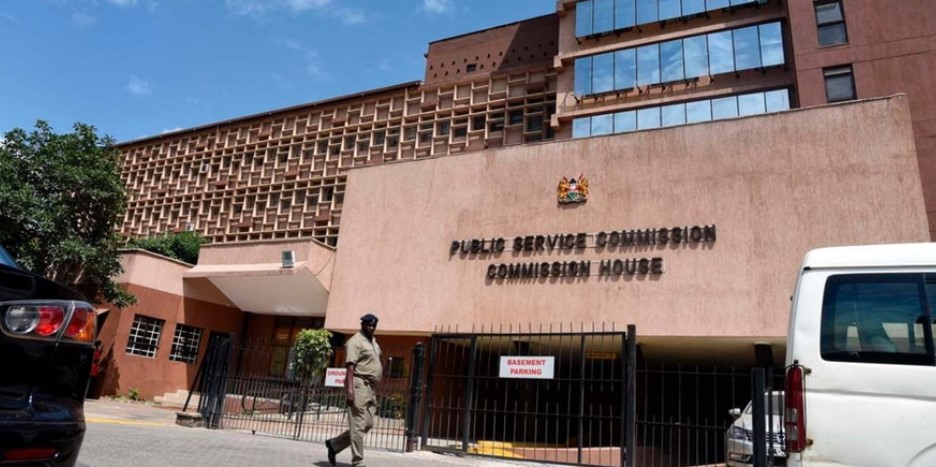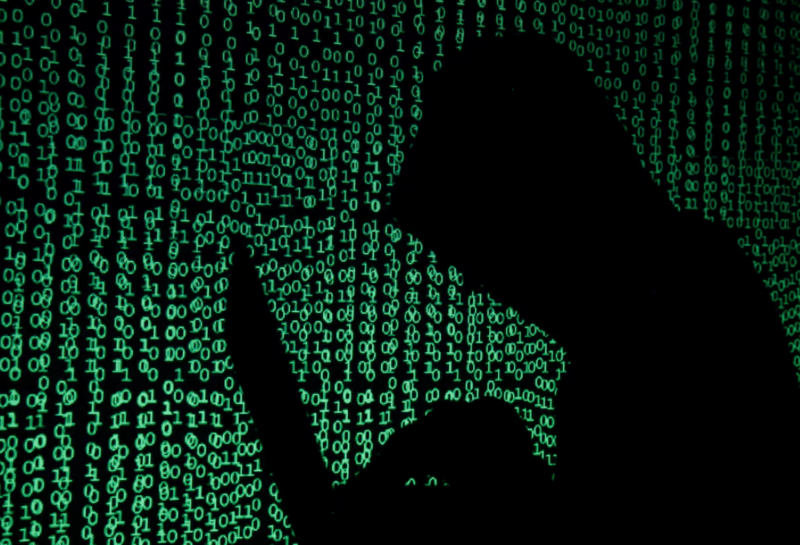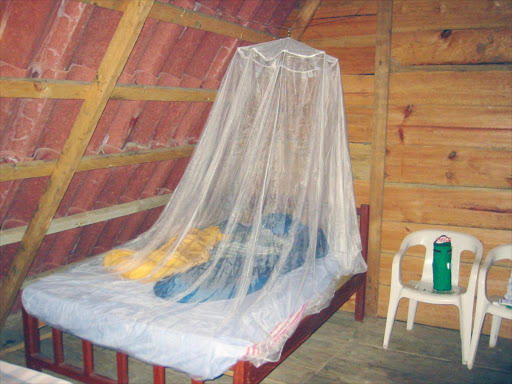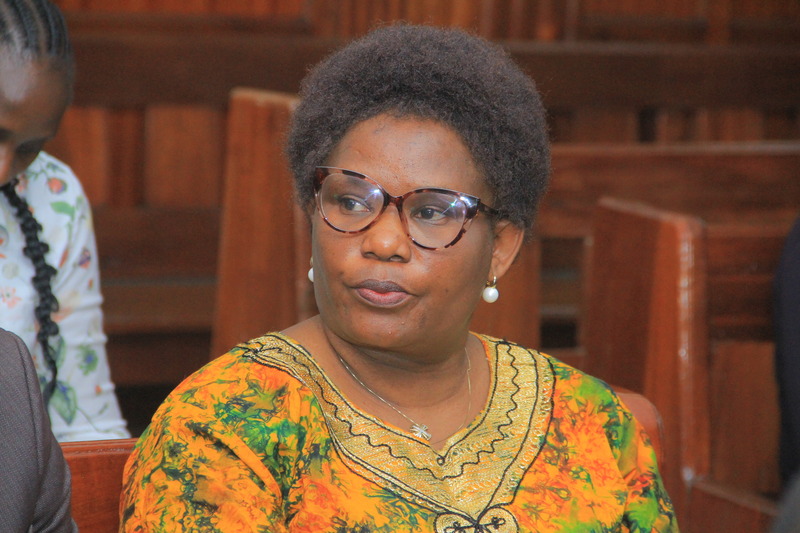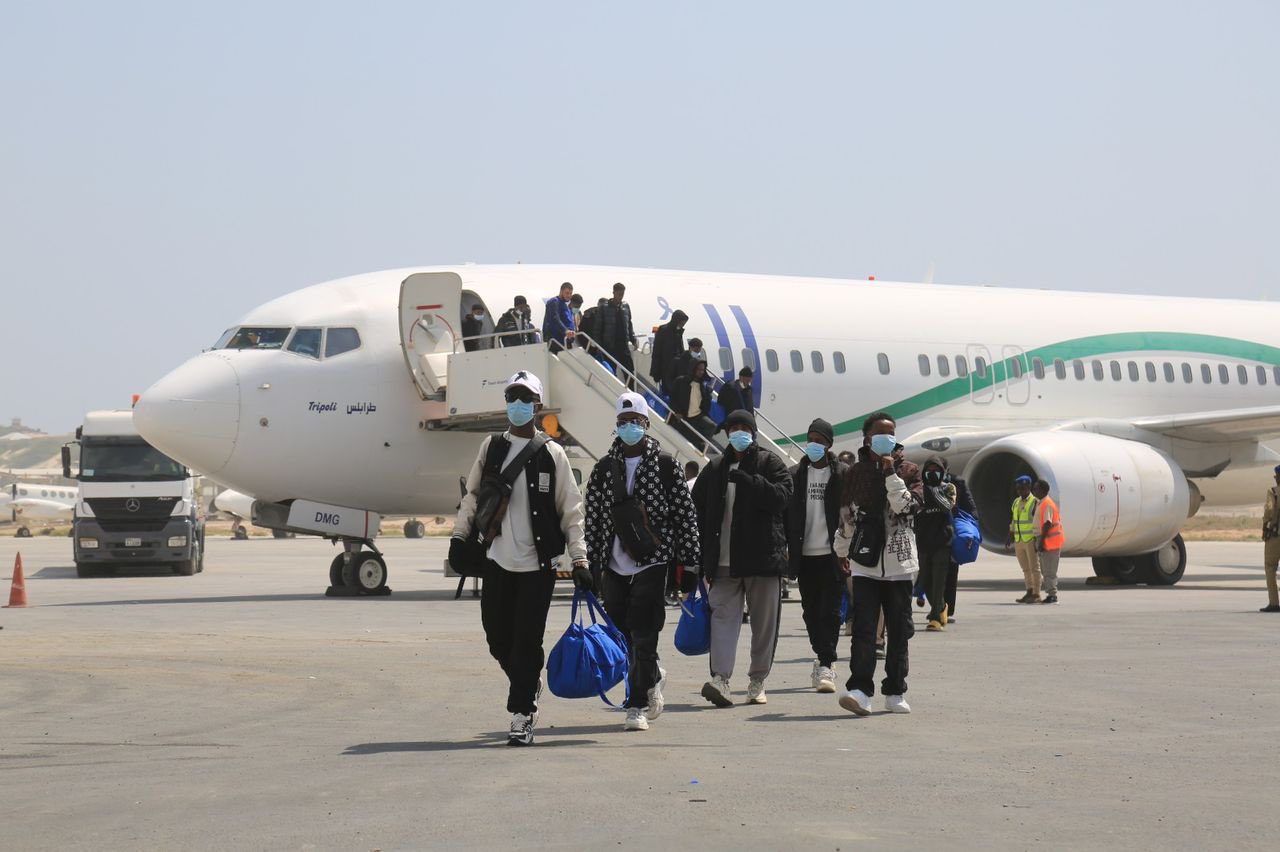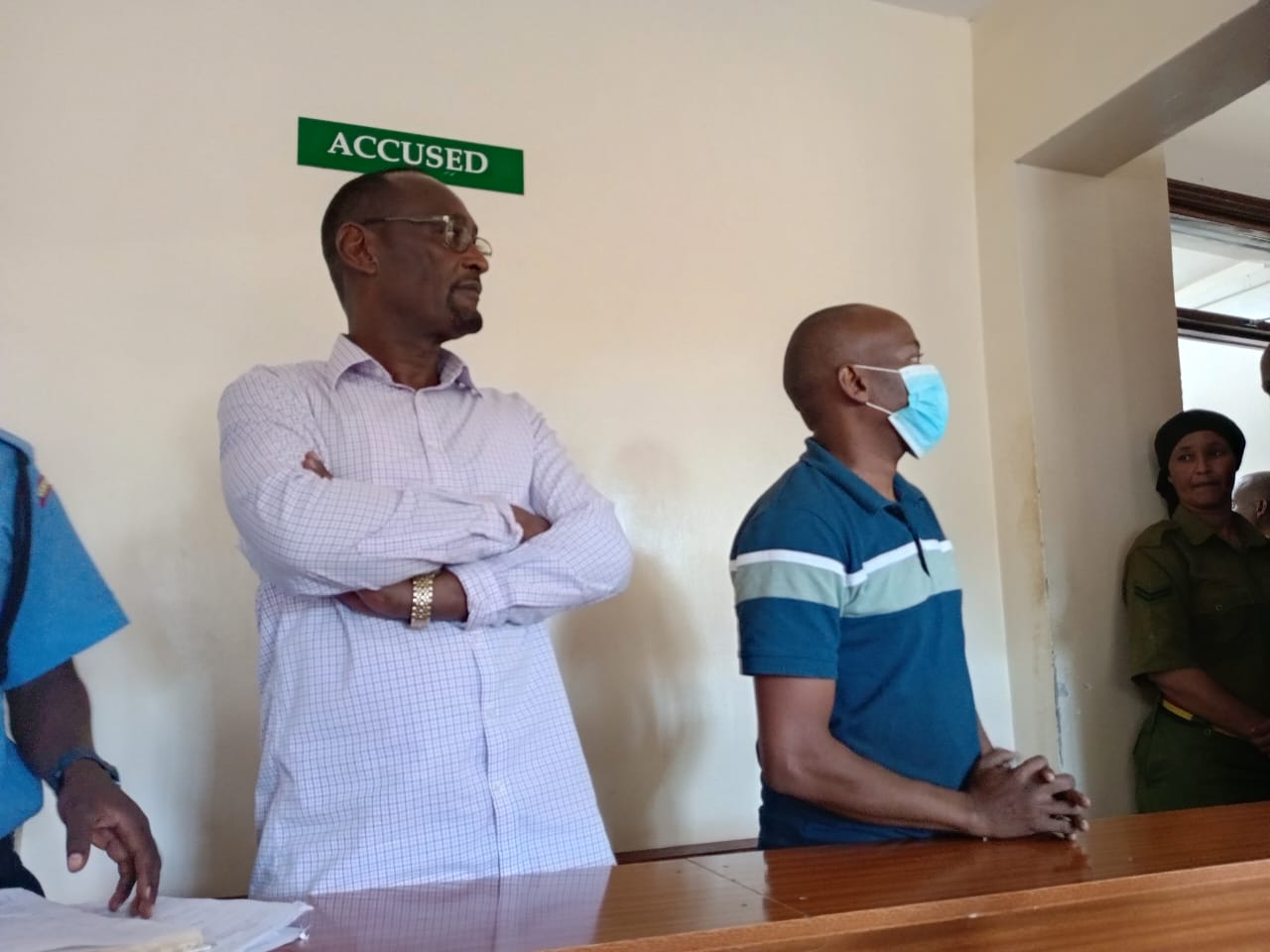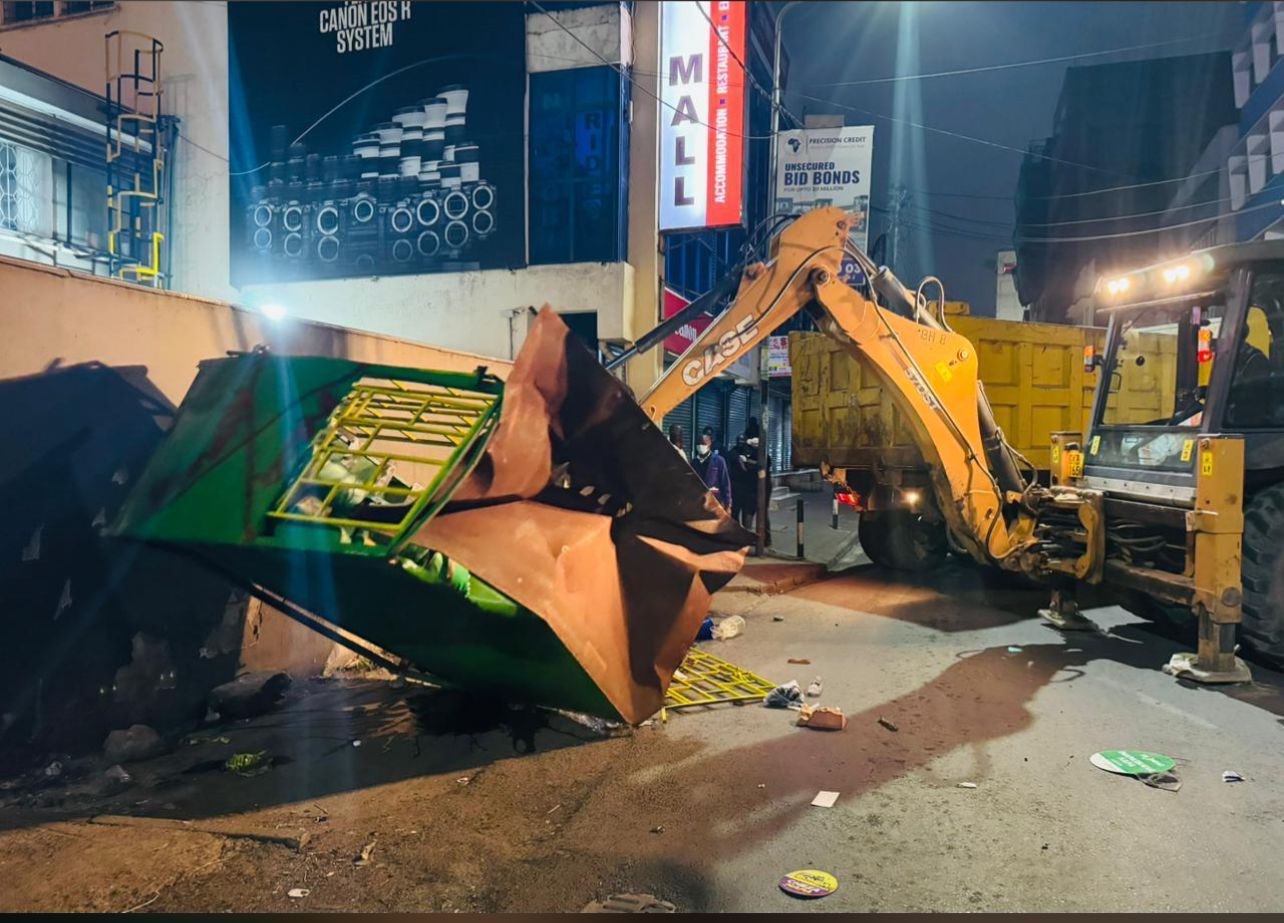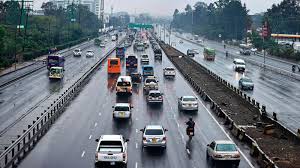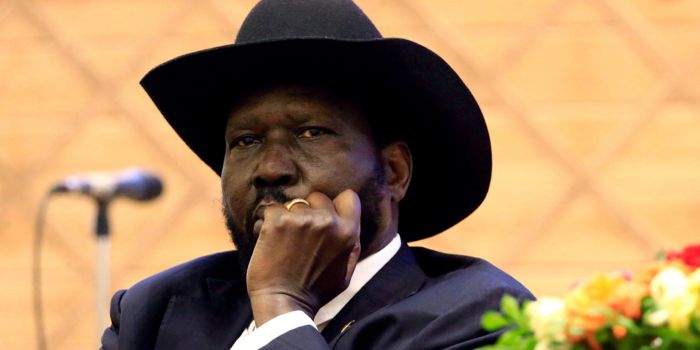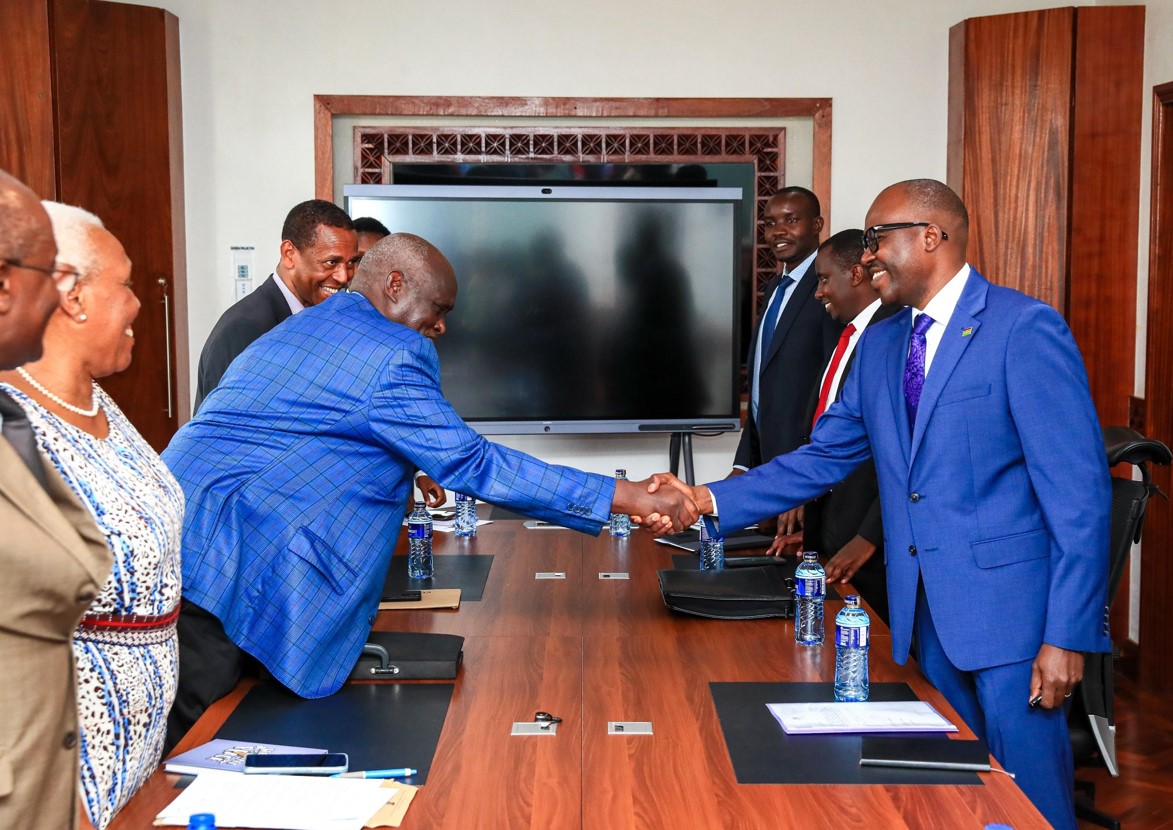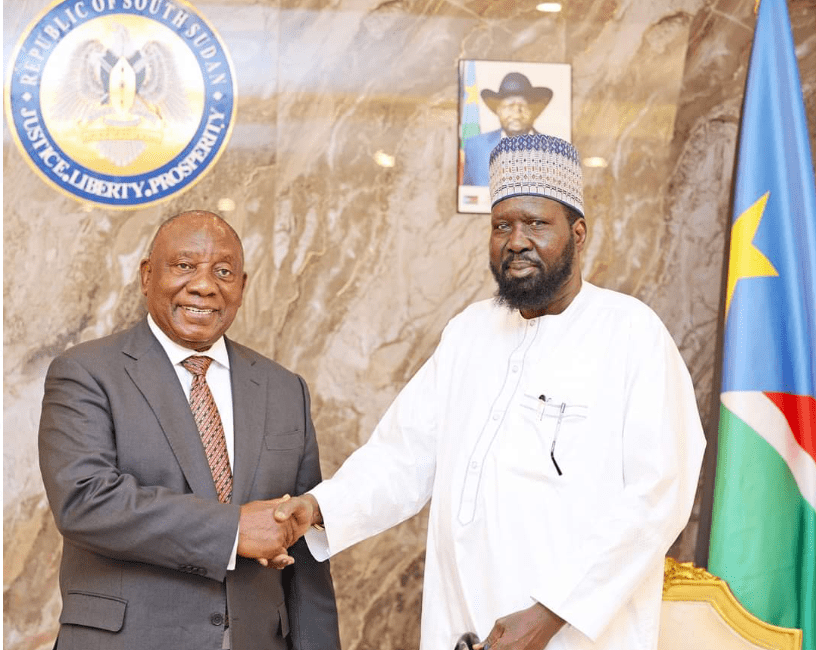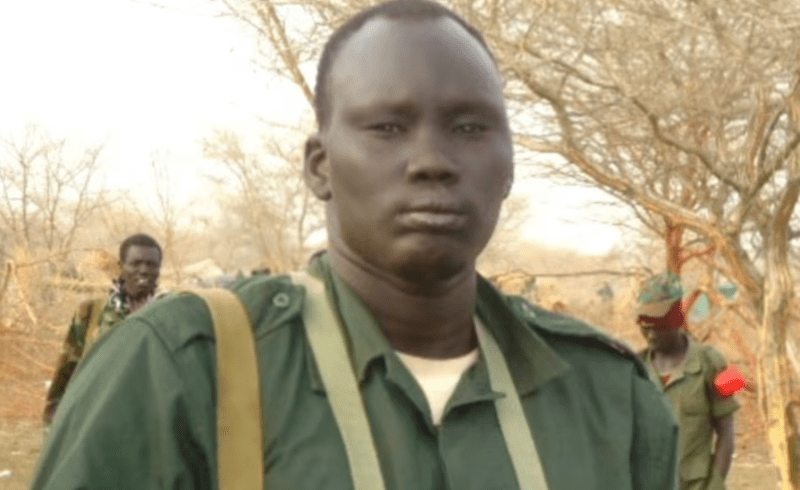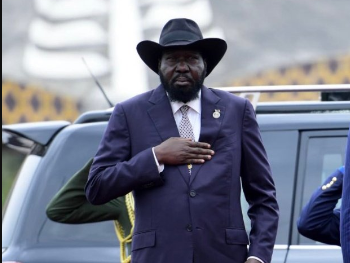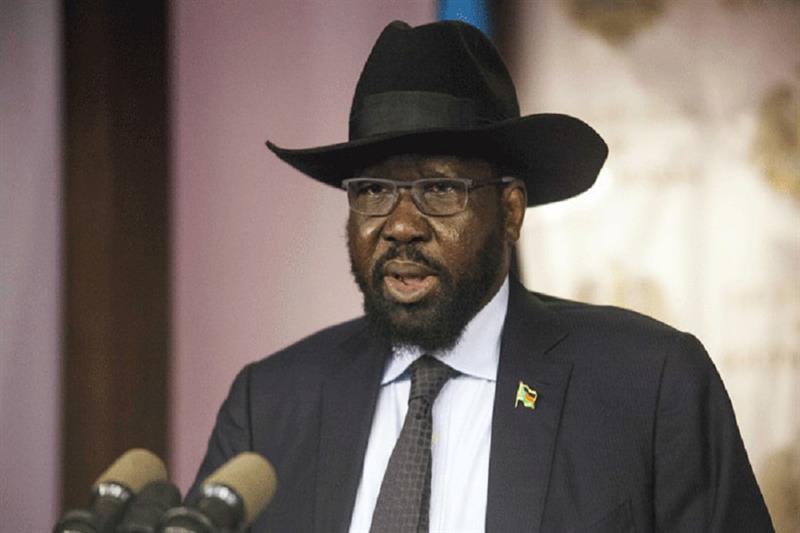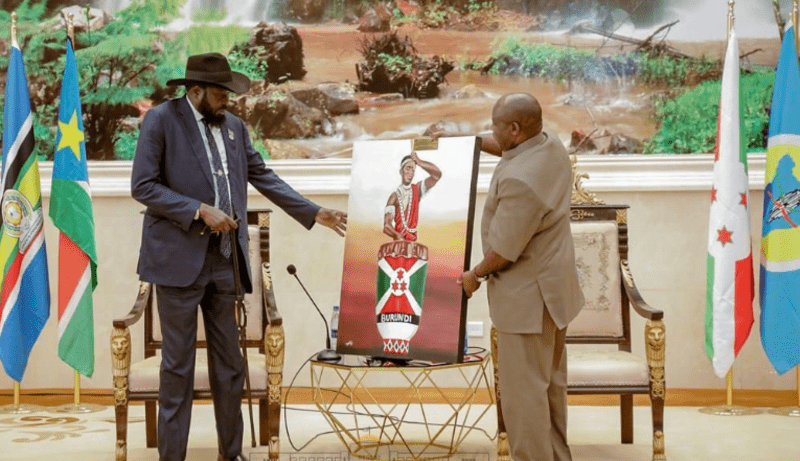UN panel accuses South Sudan's President Kiir of political purge
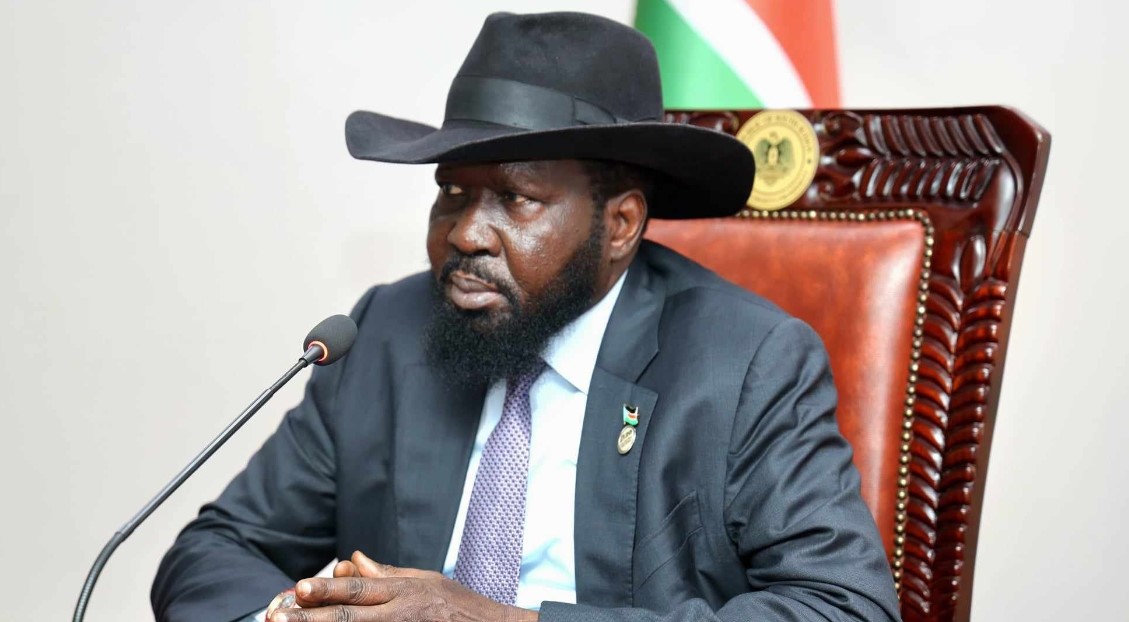
By Foreign Reporter |
Senior members of the South Sudan People’s Defence Forces (SSPDF) were accused of violating regulations prohibiting political involvement.
A damning report released by the United Nations Panel of Experts on South Sudan claims that President Salva Kiir Mayardit is facing allegations of exploiting his executive powers to solidify political support while suppressing opposition by purging officials at various levels of governance.
The report, obtained by The Eastleigh Voice, outlined Kiir's use of state authority to bolster his faction of the Sudan People’s Liberation Movement (SPLM) and expand his support base beyond his traditional stronghold in Greater Bahr el Ghazal.
Keep reading
- South Sudan President Salva Kiir overhauls security, administrative leadership amid internal tensions
- Salva Kiir: South Sudan’s president fought for independence, but then fuelled division, violence
- Djibouti's top diplomat rallies support in Juba for his AUC chairmanship bid
- Kiir replaces presidential affairs minister with Juba’s envoy to Kenya in late-night reshuffle
"For several years, President Kiir and his supporters in national and local government have leveraged the benefits of his incumbency and the SPLM brand to conduct rallies and mobilisation campaigns across much of South Sudan," the report released on Friday, May 10, states.
The panel highlighted Kiir's efforts to extend his support base beyond Bahr el Ghazal, citing engagements with non-Dinka communities such as the Azande kingdom in Western Equatoria State, the Shilluk population in Upper Nile State, and the Anyuak kingdom in eastern Jonglei State.
Moreover, senior members of the South Sudan People’s Defence Forces (SSPDF) were accused of violating regulations prohibiting political involvement by actively participating in SPLM political activities.
At an SPLM rally in Eastern Equatoria State, senior army commanders were observed wearing SPLM-branded attire.
Expressing concerns over the militarisation of politics, South Sudanese observers raised an alarm over the troubling trend of government security forces being deployed in SPLM rallies.
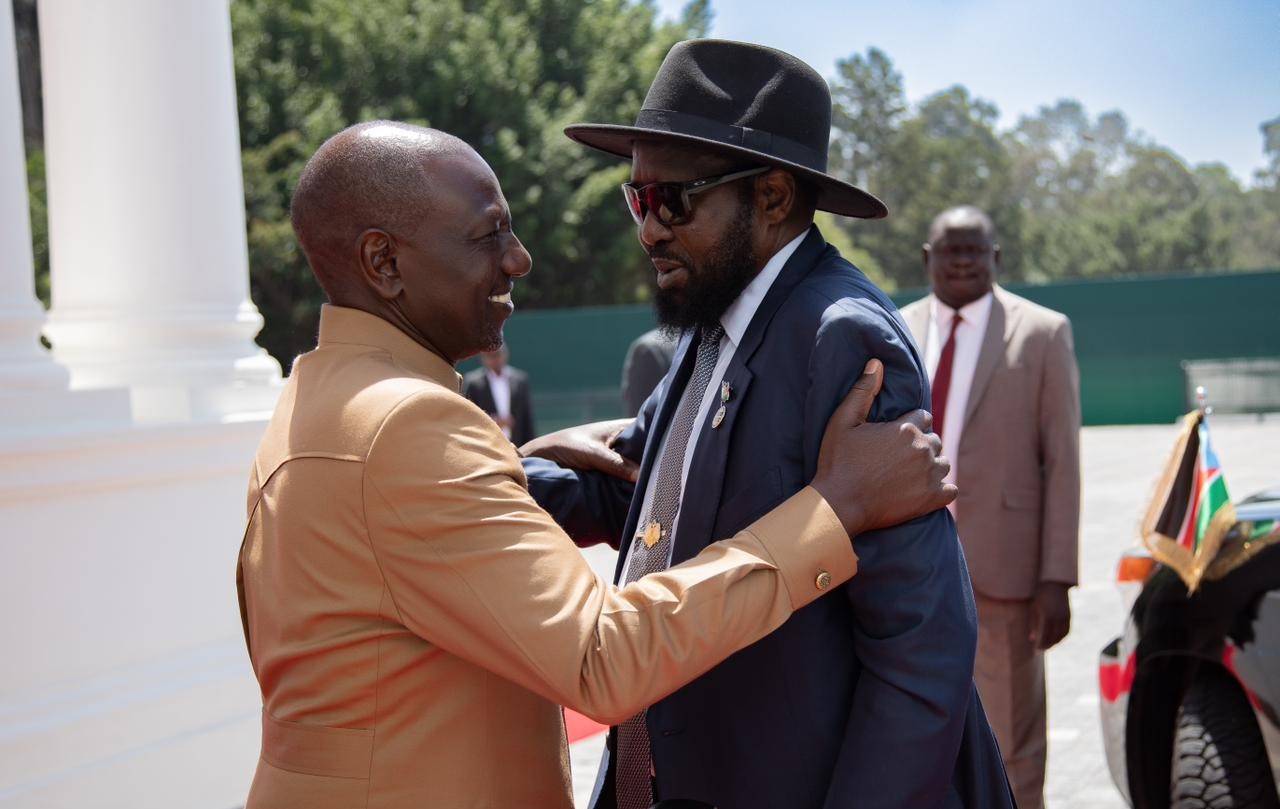 Kenyan President William Ruto receives his South Sudan counterpart Salva Kiir at State House, Nairobi, on August 19, 2023. (Photo: PCS)
Kenyan President William Ruto receives his South Sudan counterpart Salva Kiir at State House, Nairobi, on August 19, 2023. (Photo: PCS)
The report concludes with allegations that Kiir's executive authority has been instrumental in building support and undermining opposition parties through extensive appointments and removals of officials across all levels of government.
Meanwhile, the report also shed light on the main armed opposition, SPLM-IO, led by First Vice President Riek Machar, noting a decline in membership since Machar's return to Juba following the signing of the revitalised peace agreement in 2018.
Despite being the most significant opposition party in South Sudan, the SPLM-IO faces challenges, including defections that limit its ability to mobilise and campaign effectively across the country.
Machar's confinement to Juba, coupled with party leaders' reservations about the electoral process, presents further obstacles, with concerns that elections could impede the full implementation of the peace agreement.
The country is expected to head to the polls in December.
Kenya High-Level Mediation for South Sudan
Meanwhile, the report released by the United Nations Panel of Experts on South Sudan was released a day after President Kiir was in Kenya for the launch of the Kenya High-Level Mediation for South Sudan.
Kenya's President William Ruto witnessed the launch of the South Sudan Mediation Process at State House, Nairobi, chaired by Lazarus Sumbeiywo, the chief mediator in the conflict between hold-out groups and the government in Juba.
However, a faction of the South Sudan Opposition Movements Alliance (SSOMA) snubbed the event, citing safety concerns regarding the venue and the lack of response to their request to continue talks in Rome, Italy, with Community Sant'Egidio as co-mediators.
"The Rome Initiative is a credible process that provides an environment for free, open, and transparent discussions devoid of any coercion or intimidation. However, it should be noted that the Rome Initiative dragged on for a long time because the government was intransigent, deployed delaying tactics, and obstructed discussions about the root causes of the conflict in South Sudan," the faction lamented, further highlighting the friction between them and President Kiir's administration.
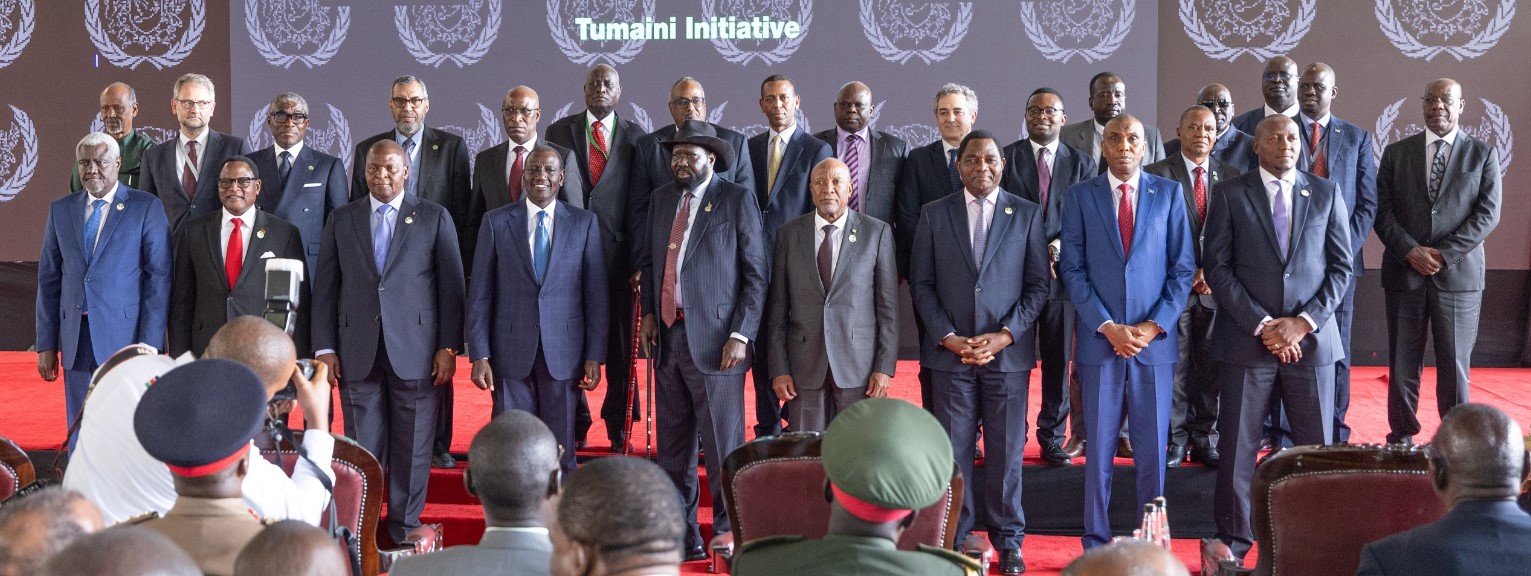 Presidents William Ruto (Kenya), Lazarus Chakwera (Malawi), Hakainde Hichilema (Zambia), Faustin-Archange Touadéra (Central African Republic), Emmerson Mnangagwa (Zimbabwe), Salva Kiir (South Sudan), Somalia Prime Minister Hamza Abdi Barre and the AUC Chairperson Moussa Faki witness the launch of the South Sudan Mediation Process chaired by Lazarus Sumbeiywo at State House, Nairobi, on Thursday, May 9, 2024. (Photo: PCS)
Presidents William Ruto (Kenya), Lazarus Chakwera (Malawi), Hakainde Hichilema (Zambia), Faustin-Archange Touadéra (Central African Republic), Emmerson Mnangagwa (Zimbabwe), Salva Kiir (South Sudan), Somalia Prime Minister Hamza Abdi Barre and the AUC Chairperson Moussa Faki witness the launch of the South Sudan Mediation Process chaired by Lazarus Sumbeiywo at State House, Nairobi, on Thursday, May 9, 2024. (Photo: PCS)Reader comments
Follow Us and Stay Connected!
We'd love for you to join our community and stay updated with our latest stories and updates. Follow us on our social media channels and be part of the conversation!
Let's stay connected and keep the dialogue going!

